
Nowadays, having access to a great hospital is vital for any person who may be experiencing symptoms of heart disease. Convenient, affordable, and fast healthcare services help reduce your fear and anxiety, which can also contribute to added cardiac risk. This kind of healthcare is exactly what The Hospital at Maayo Well aims to provide, especially for anyone who may be experiencing signs of a heart ailment.
But how does one know when to see a cardiologist? In the time of the pandemic when people with heart ailments are part of the most vulnerable, you need to undergo a personalized medical assessment of your symptoms before scheduling an appointment or making conclusions that you have heart disease.
To help you decide if you should avail of premium cardiovascular services, use this point-by-point checklist on when to see a cardiologist to check on your heart’s health.
Cardiology 101: Why you should be careful with your heart
You probably already know that your heart is an important organ. But why is it exactly that important?
Our hearts work 24/7, without taking any breaks. They are responsible for pumping blood all throughout the body. This blood carries important nutrients and oxygen throughout your body, while also ensuring that harmful wastes are carried away from your blood. So basically, our hearts work hard to keep us alive.
If you have a heart ailment, you increase your risk of experiencing heart attacks or strokes. In some cases, other underlying conditions may also arise because of heart disease.
Signs that signal you should get a heart checkup
There are various telltale symptoms or signs in your health history that would help you determine if you should get your heart checked. Read through the checklist below to find out if what you are experiencing needs a visit to your cardiologist.
1. You experience chest pain
Chest pain is one of the most common signs if you are considering when to see a cardiologist. This kind of pain feels like there is pressure or tightness in your chest, and the pain may even extend to other body parts like your back, shoulders, and abdomen.
2. You have shortness of breath, palpitations, or dizziness
Shortness of breath accompanied by dizziness or palpitations can also be considered as symptoms of heart disease. It is normal to feel shortness of breath or dizziness when you overexert your body for intense workouts or other physically-demanding activities, but if it interferes with simple everyday tasks, it can be a cause of worry.
3. You have high blood pressure
High blood pressure is widely associated with heart ailments. It is when your blood is moving with much force in your blood vessels, and this usually happens when your arteries are blocked and narrowed due to other health conditions like obesity.
4. You have a history of high cholesterol
Cholesterol can be good, but too much of it results in the narrowing of arteries. High cholesterol, if not given attention to in a few years, may gradually result in a heart disease due to its effect on artery linings.
5. You have a history of smoking
Smoking not only harms your respiratory system, but also affects your heart. Cigarettes contain harmful substances, so it is no surprise that they have a huge link with coronary heart disease, heart attack, and even stroke.
6. You are diabetic
Diabetes, another serious health condition, can also cause symptoms of heart disease. Having diabetes can also result in different heart-related concerns such as hypertension, coronary artery disease, and other recurring cardiovascular illnesses.
7. You have a history of preeclampsia
Preeclampsia, a condition that mostly pregnant women experience, can also be a warning sign for heart ailments. Preeclampsia is recurring high blood pressure, and may also be associated with high protein levels in the urine or kidney failure.
8. You have a gum disease
Your gum’s health also gives you clues if you may possibly have a heart ailment. Those with gum diseases are also shown to have two to three times the risk of developing common cardiovascular conditions like stroke or heart attack.
9. You have chronic kidney disease
Those with kidney disease should be extra careful as they also have the risk of a heart ailment. This is because a poorly working kidney adds more stress to the heart, therefore, also resulting in negative effects on your heart’s condition.
10. You experience leg pains or foot swelling
If your heart is not working properly, your legs and feet are also affected. Your blood flow slows down, and this causes certain bodily fluids to build up on your body—thus resulting in swelling in the legs and your feet.
11. You had a congenital heart disease (CHD) in your childhood
Your heart history, even if it has been recorded way back in your childhood, is also necessary if you are considering when to see a cardiologist. Patients who had congenital heart disease in their childhood are also strongly advised to check on their heart’s condition every now and then.
12. You are a cancer patient/survivor
Cancer affects most of your bodily functions, so you should be on the lookout for its effects on your entire body. Cardiovascular disease is also a common health concern among cancer patients and survivors.

Simple, painless tests for a heart checkup
Symptoms alone are not enough to deduce that you indeed have a heart ailment. To confirm your condition and to prescribe better treatments, your cardiologist would ask you to undergo certain tests.
But do not worry. These tests are simple and painless, and you may avail these premium cardiovascular services at The Hospital at Maayo Well.
To give you an idea, read through these tests that your cardiologist may suggest to you.
1. 24-Hour ambulatory BP monitoring
For this test, a portable digital pressure machine will be attached to a belt around your body and will be connected to a cuff around your upper arm.
2. Exercise stress test
One of the ways to determine if you have a heart ailment is to see how well your heart responds when it is working the hardest—which is exactly what the exercise stress test is for.
3. Arterial duplex scan
This painless heart test uses ultrasound to help capture internal images of the major arteries in your arms, legs, and neck.
4. Venous duplex scan
Another painless heart test that uses ultrasound to capture internal images of the veins that return the blood to your heart.
Take note that these are only some of the tests that your cardiologist may ask you to get. There are other tests that your healthcare specialists may need to assess your health’s condition.
We only have one heart. Don’t wait for your heart to exhibit symptoms of heart disease—start taking great care of it today. If you do start experiencing symptoms, don’t wait for it to get worse. Have your heart checked as soon as you can. Contact The Hospital at Maayo today to ensure that your heart is in great shape.

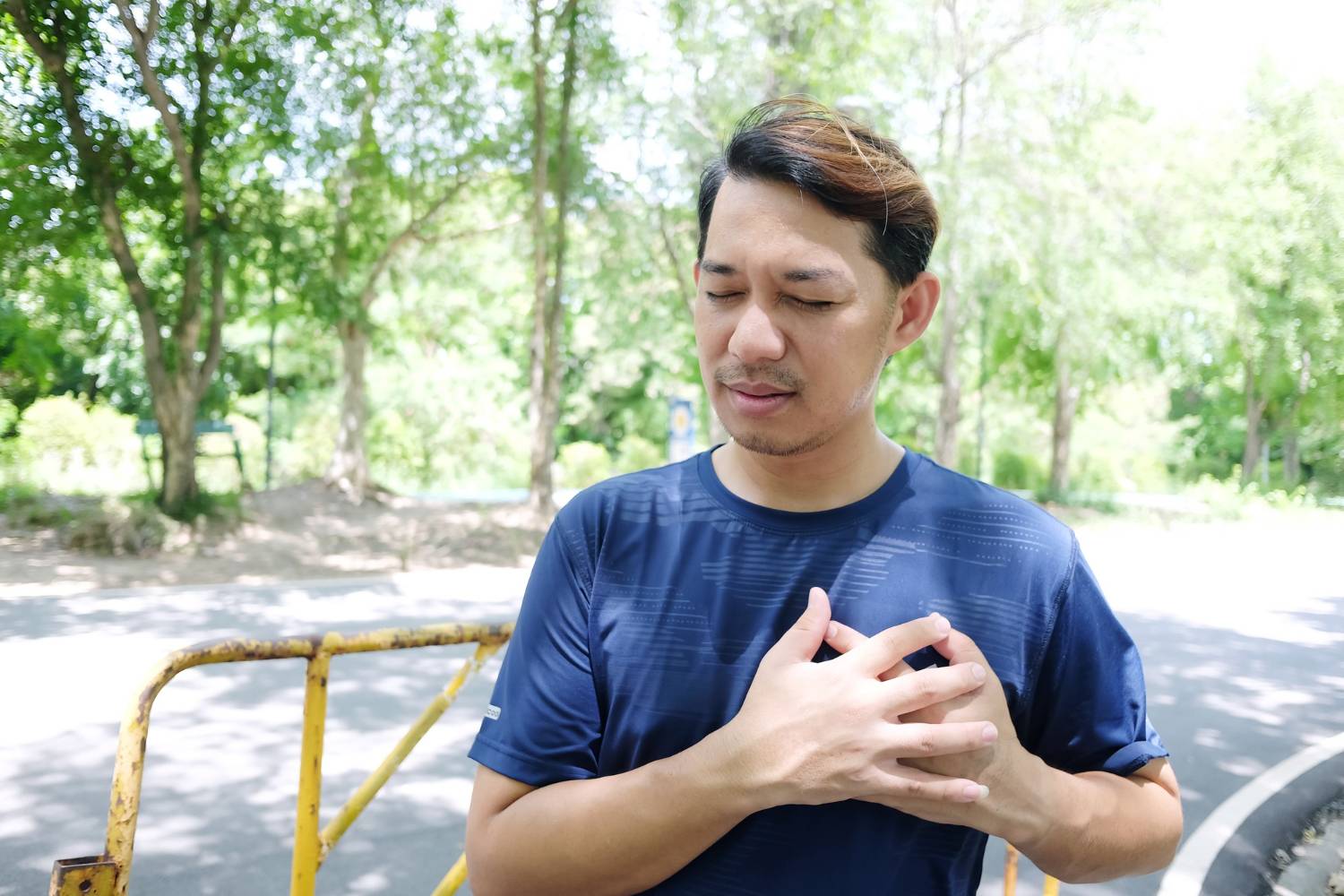

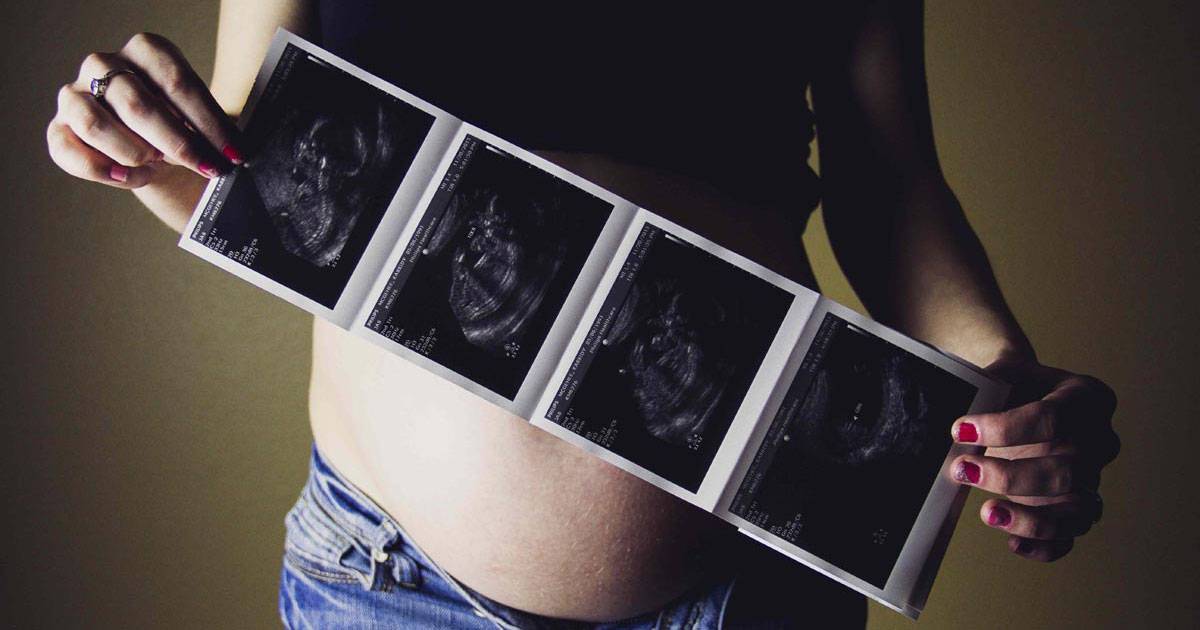
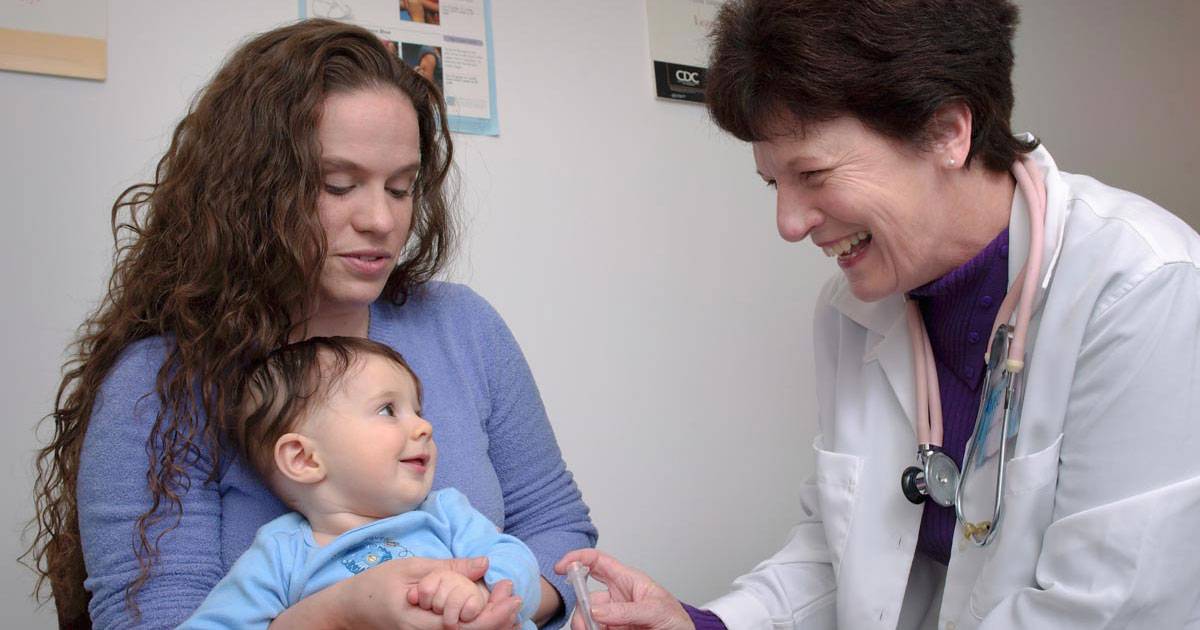
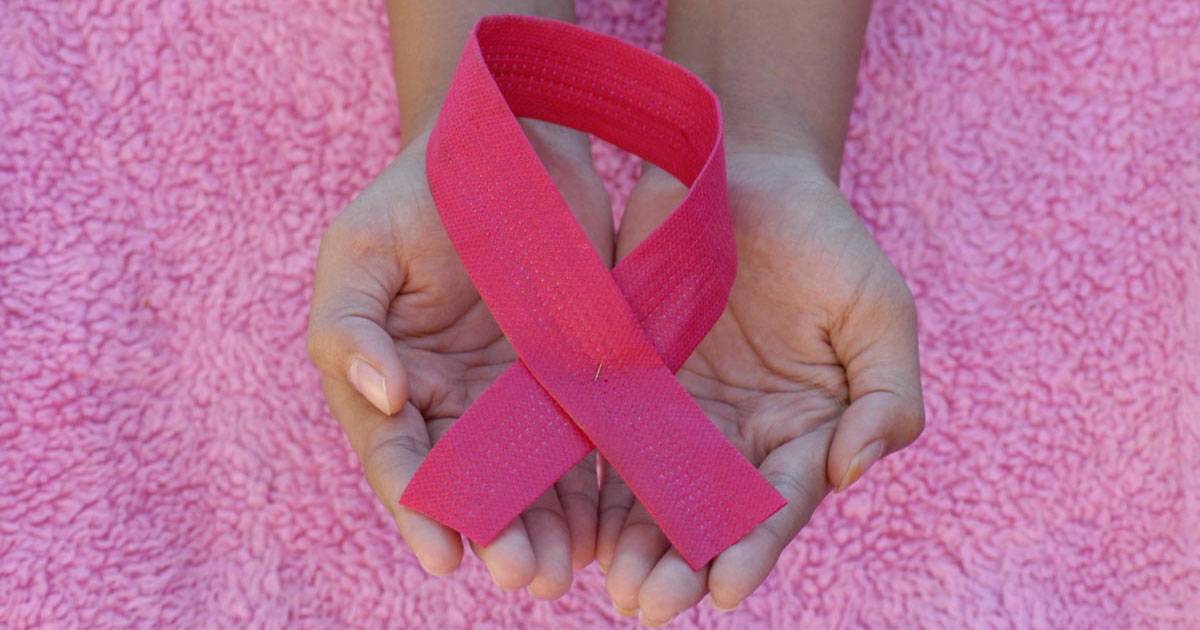
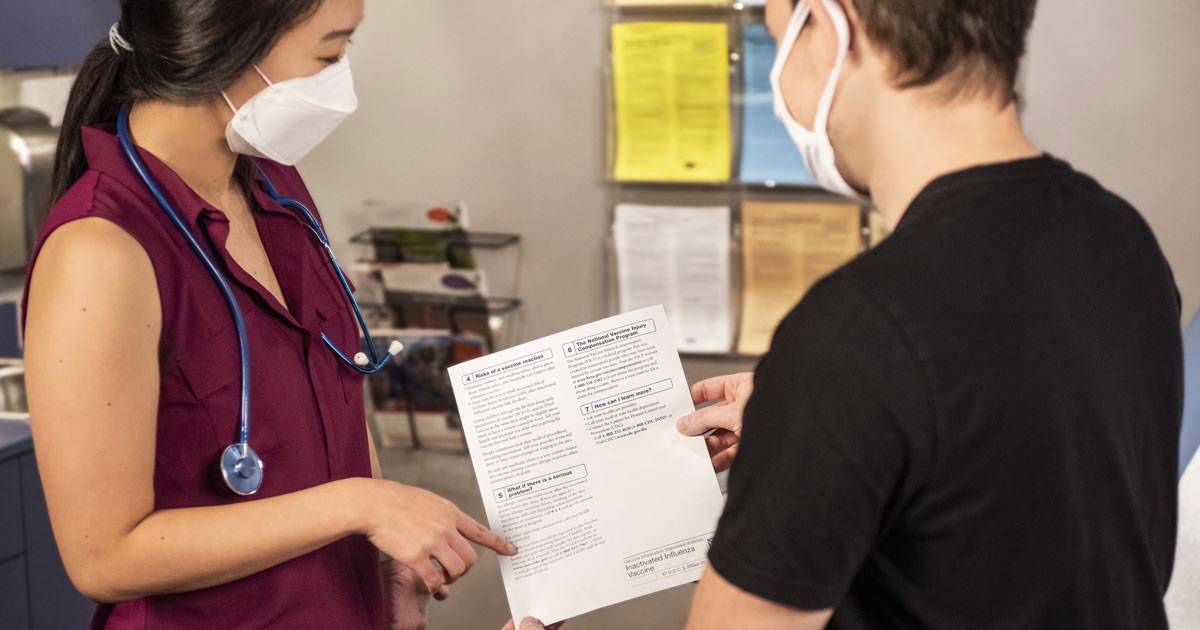





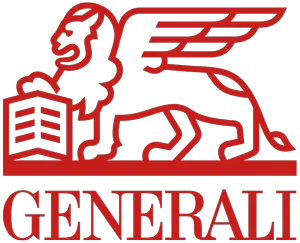





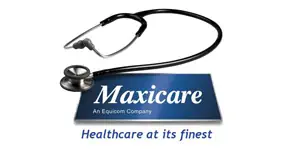

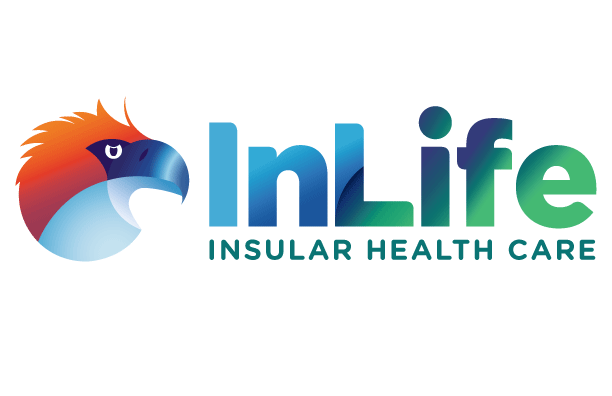


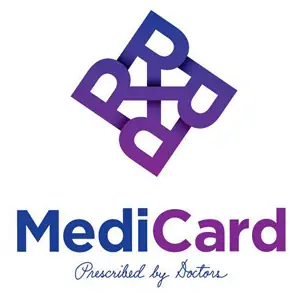
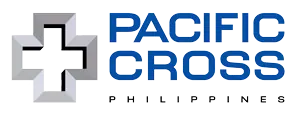

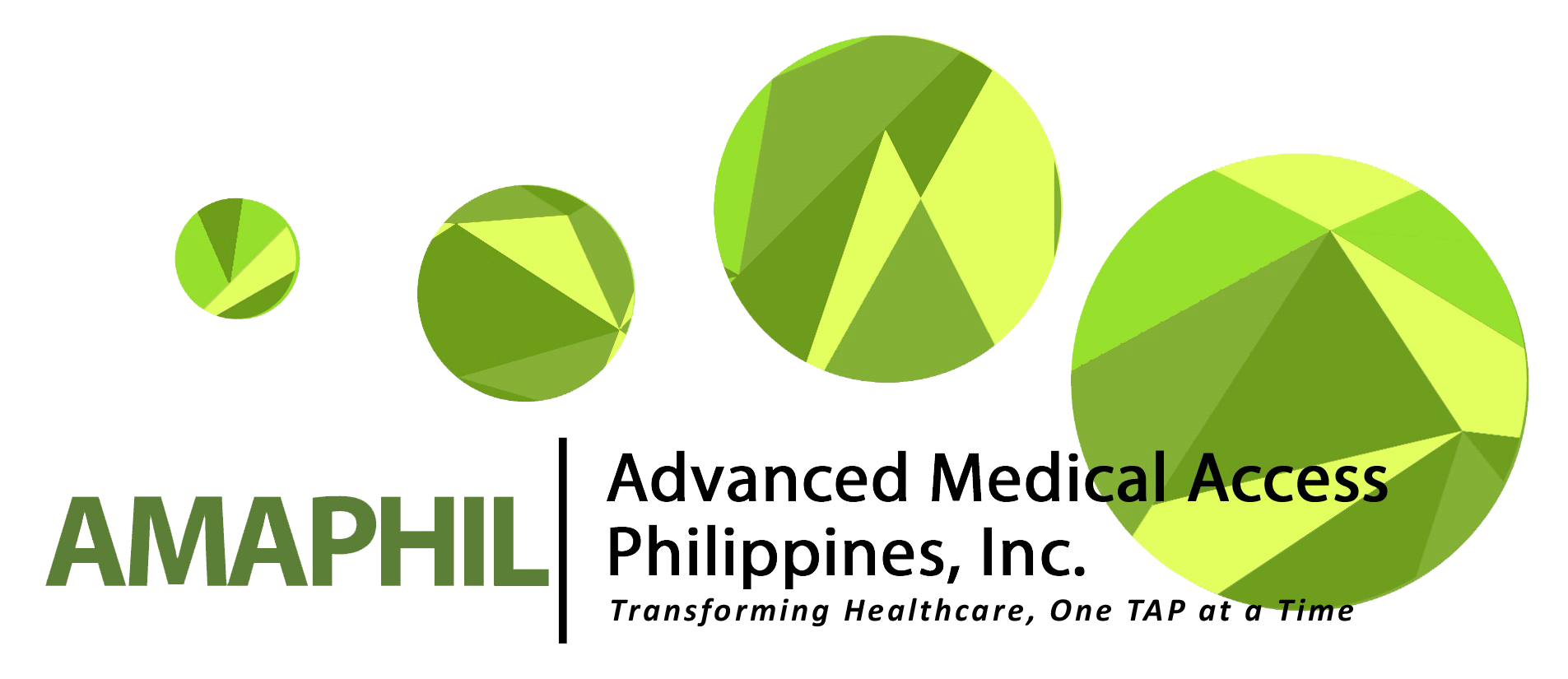


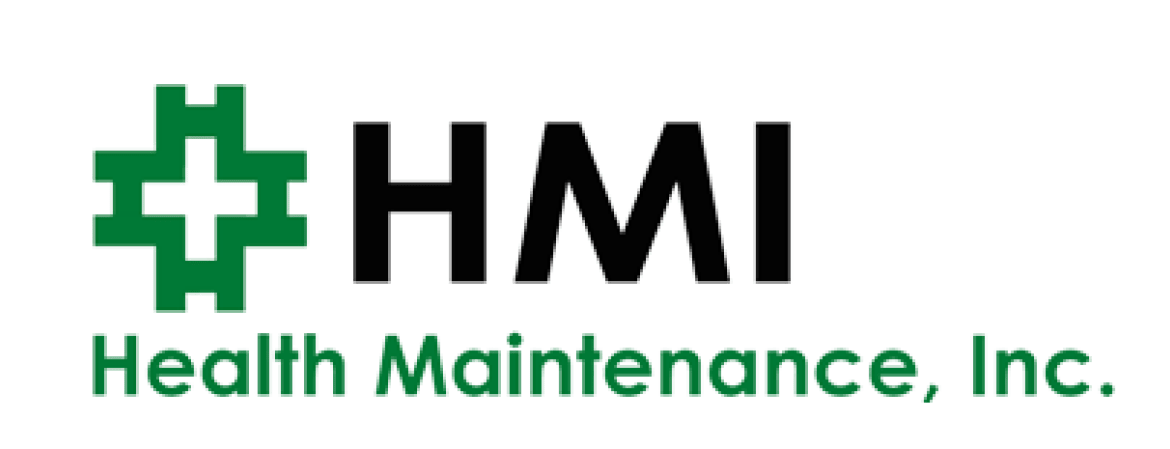



Leave a Reply